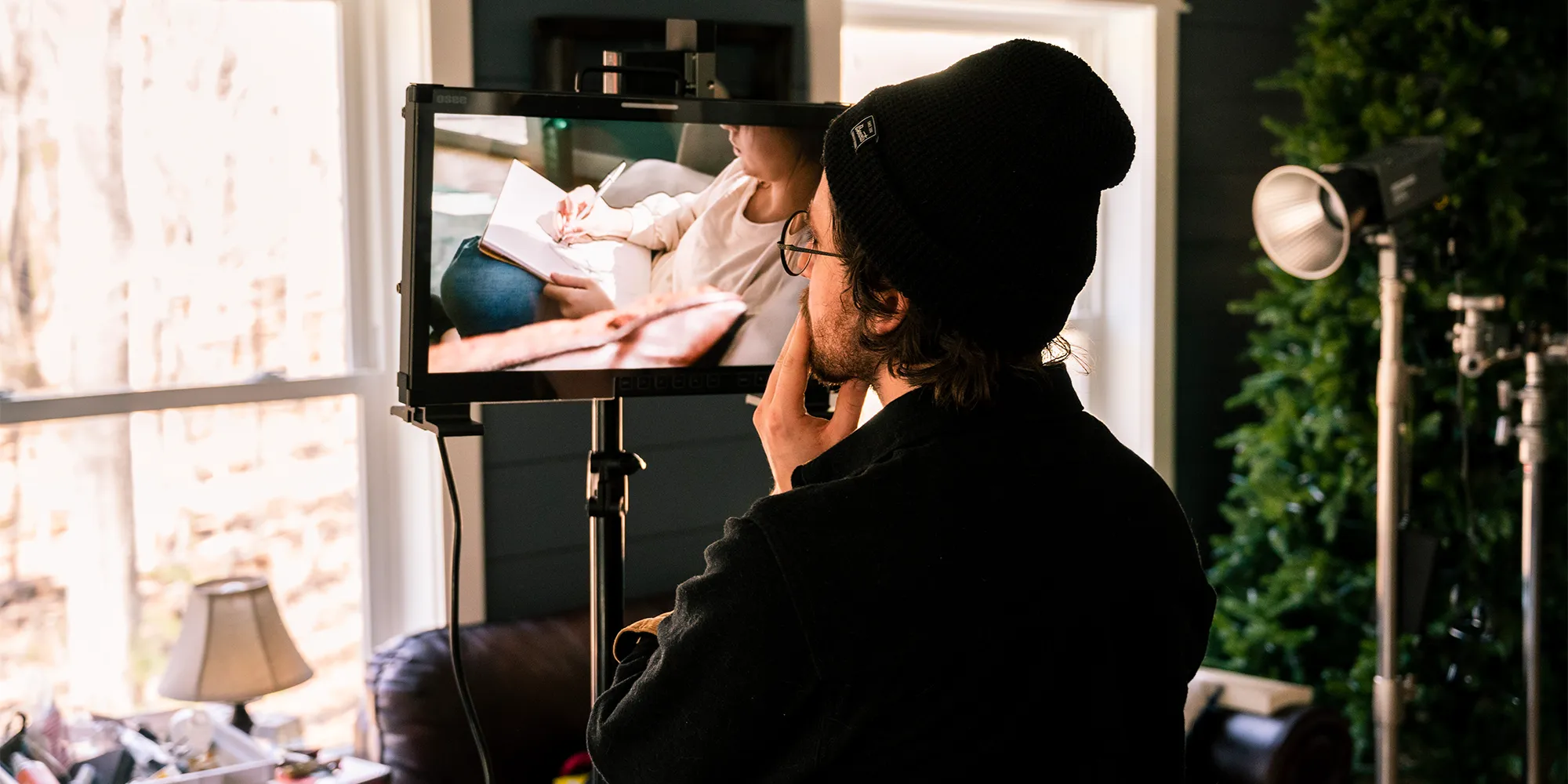
24 Jan I don’t care about brands. I care about people.
This is a phrase that I’ve been saying to myself and others lately and I’m not sure where it came from. It sounds like a mission statement of sorts and maybe I picked it up somewhere else, but it’s helped me gain clarity on some things I’ve been thinking about lately.
What’s a brand? Is it a logo? Is it an organization or a company? Is it just an idea?
If a company begins with a certain group of people and has a certain name, logo, mission, etc. and then in 20 years all of those people have moved on, the logo has changed, and the mission is different, is the brand still the same?
When our cells regenerate throughout our lifetime, does that mean that we’re no longer ourselves, even if our cellular biological makeup has changed?
I’m guilty of making statements that I haven’t fully understood or decided on myself, but illustrate a point, or a feeling I’m experiencing. They’re usually conversation starters, not opinions that I’m trying to transplant into other’s minds – more like mysterious seeds I want to water to see what grows.
What I mean when I say I don’t care about brands is that from a perspective of what I do for work; produce and direct and manage video projects, I’m forced to think about organizations and their mission, reputation, branding, goals, decision makers, history, and desired future. But it also forces me to notice when I get personally involved in some way – when I get particularly passionate or excited about the work. I think it’s important to pay attention to that feeling and why it’s there. I usually find myself getting excited about an individual’s story. I like getting to know why a person is the way he/she is, why he or she made certain choices, and what motivates him/her. I find it difficult to have that connection with something abstract like a brand, even if it’s a group of people. I know I’m not alone here.
People have individual goals, stories, experiences, issues, etc. Organizations have the same.
So why is it harder to relate to an organization as one entity or unit or brand than to one human being? Why is most brand content boring?
Aren’t organizations just a collective of humans? When a company creates a video all about their mission or services, why is it harder to relate and connect to? I think there are a lot of reasons, but maybe a major one is that we have been connecting to people one on one for thousands of years. It’s only been the last several decades we’ve been able to think and relate on a global scale to large groups of people, and only a very short time have we been able to “connect” to people around with a few clicks. Our minds have not caught up to this reality. Maybe we just haven’t evolved enough yet. Maybe we never will.
I think we know this inherently just from life experience. We meet so many people throughout our childhood, schooling, work life, social settings, etc. How many of those people do we have the capacity to truly know deeply, connect with, care about, and have involved in our lives day to day? It’s just not practical to try to be heavily involved with every person you’ve ever become acquaintances with in your life. So, how are we supposed to care deeply about large companies or abstract ideas that we know are made up people? We connect to an individual, their stories, motivations, and desires.
This is naturally what I’m getting at here. We want to be known. We want to connect to people.
This is just a simple truth of being a person, and those truths don’t just go out the window when business is involved.
People don’t truly care about brands. We care about individual people.
There is a perspective here about brand loyalty, nostalgia, recognition, reputation, and preference that I should touch upon. Just now, I realized that I needed a pair of bluetooth earbuds. I went right to Amazon. Why didn’t I search online for a while and buy directly from a brand’s website? I’m loyal / a slave to Amazon, because they’re served me a dialogue of faster delivery and the best prices for years and I’ve eaten it up. I looked through a few pages of no-name (brands I don’t recognize) earbuds, and then I ended up comparing Raycons to JBL earbuds and went with JBL. They’re cheaper and I recognize the brand. Sure, Bose or another high-end brand could be even better quality, but I’ll probably lose them anyways so it’s not worth the investment in my opinion.
Are Bose earbuds better? I don’t know and I don’t really care because I’ll probably just be listening to podcasts while doing the dishes with them. But I noticed that I was loyal to a couple brands in that process and then I came back to writing this and needed to mention it. I’m not saying effective branding has no value, but the process of building that brand loyalty and connection is a long process. Storytelling can expedite that process by making a human to human connection.
This concept is not a blanket statement for all brands and all marketing campaigns. Some brands are going to benefit from product driven creative content that’s blasted through every social media channel imaginable and improved upon by data scraping robots week after week until the profit margin is so high they can’t help but create new products with more intense marketing strategies. Other brands that may have a bit more of a mission, meaning, a why, an origin, positive impact and story to tell should meet with me. That’s definitely what Votary does best, and it’s what I am best at producing and directing and enjoy most. It’s also what creates the most effective end result and brand partnerships in my experience.
I’m not pointing this out as a massive awakening of marketing video strategies for 2023. I don’t think I’m pointing something out that is “the secret” to a successful partnership in business or anything that isn’t already known by a lot of organizations these days. I’m pointing it out mainly to myself, because I think it’s important to be honest with myself first, and that’s how I’m honest with the world.
If I, as an artist, storyteller, filmmaker, and consumer don’t care about a project I’m working on, and don’t believe it’s going to be a success, then why shouldn’t I say something?
Why should I sign on off on it? Why should I expect anyone else to care about it? Unfortunately in large businesses there’s this habit of being a “yes man” because you just want to make your boss happy, to complete something, to check it off the list, and to complete a goal.
But if there’s a better way to accomplish something, why not explore that?
We are always going to care more about the people closest to us, than the people on the other side of the world, or people we met in high school, etc. It’s the same principle when you’re communicating a message in an organization. We’re always going to care more about a person’s authentic story, than a message about an abstract group.
You need a story to relate to, and that story needs a main character or hero, and that hero meets challenges, and those challenges are faced and overcome.
If you’re failing to utilize this basic structure in your narrative, you could be missing out on people connecting to your message in a personal way. Meaningful stories tell the truth. Telling the truth builds trust. Trust creates empathy. Empathy inspires action.
How do you tell that story effectively? Yeah, you know what I’m going to say. Telling stories through beautiful films is proven to really reach people.
What do you think?
